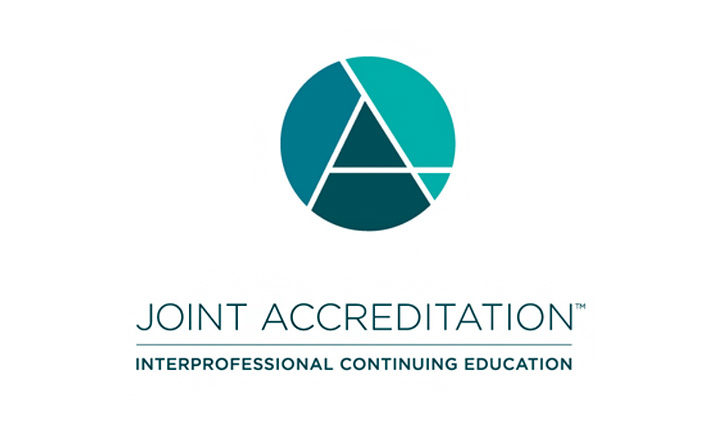
2
March

The University of Wisconsin-Madison Schools of Medicine and Public Health, Nursing, and Pharmacy are the first in the state, and one of relatively few in the United States, to combine their accreditation processes for continuing education.
The designation ultimately leads to improved patient care by supporting interprofessional collaborative clinical practice in addressing the continuing education needs of the health-care team, according to Barbara Anderson, chair of the UW-Madison Interprofessional Continuing Education Partnership.
“We are thrilled to have earned this prestigious accreditation status. The collaboration between our three health sciences continuing education units mirrors the interprofessional way health care is delivered,” Anderson said.
To earn this designation, the schools formed the Interprofessional Continuing Education Partnership. The partnership now manages continuing education for the schools, and is only one of 42 in the United States to receive this certification.
Joint Accreditation, which began issuing certification in 2010, is a combined effort of three national accrediting bodies: the Accreditation Council for Continuing Medical Education, Accreditation Council for Pharmacy Education and The American Nurses Credentialing Center.
This accreditation allows continuing-education content experts to more easily consider the learning needs of three key components of the patient-care team – nurses, physicians and pharmacists – when designing their activities.
When an activity is planned by and for the health care team, UW-Madison can now award doctors, nurses and pharmacists the continuing-education credits needed to maintain their respective licenses in one step.
“We know that patients have the best outcomes when they are cared for by teams of health professionals that work effectively together,” said Elizabeth Petty, senior associate dean of academic affairs, UW School of Medicine and Public Health. “Our new joint accreditation will help facilitate and encourage the development of interprofessional education programs designed by members of interprofessional teams.”
The new unified accreditation reflects the current reality of the team-based delivery of health care, said Erik Burns, assistant dean of outreach and professional development, UW School of Pharmacy.
“It is likely that the subject-matter experts teaching within our program are already providing care in a team structure. This is just one more way for them to work as a team but now in a professional development space,” he said.
This new accreditation process also breaks down two practical barriers to continuing education: time and cost, said Sandra Galles, continuing education coordinator for the UW School of Nursing.
Under the old model, faculty who wished to offer a conference to physicians, pharmacists and nurses had to complete a separate process and pay a separate fee for each school’s accreditation.
“Joint Accreditation eliminates the duplication of effort and will enable us to more quickly develop and offer interprofessional education that addresses current needs and desires within the health-care system,” Galles said. “It also reflects a move toward a collaborative approach of planning continuing education by the team and for the team.”
This achievement is a direct result of the dedicated and engaged cooperation among the Schools of Medicine and Public Health, Nursing, and Pharmacy here on the UW-Madison campus, said Linda Scott, dean, UW School of Nursing.
“Learning together as professionals is critical to developing the understanding and respect integral to high-performing teams, and it will have a meaningful impact on the health care patients receive,” she said.





